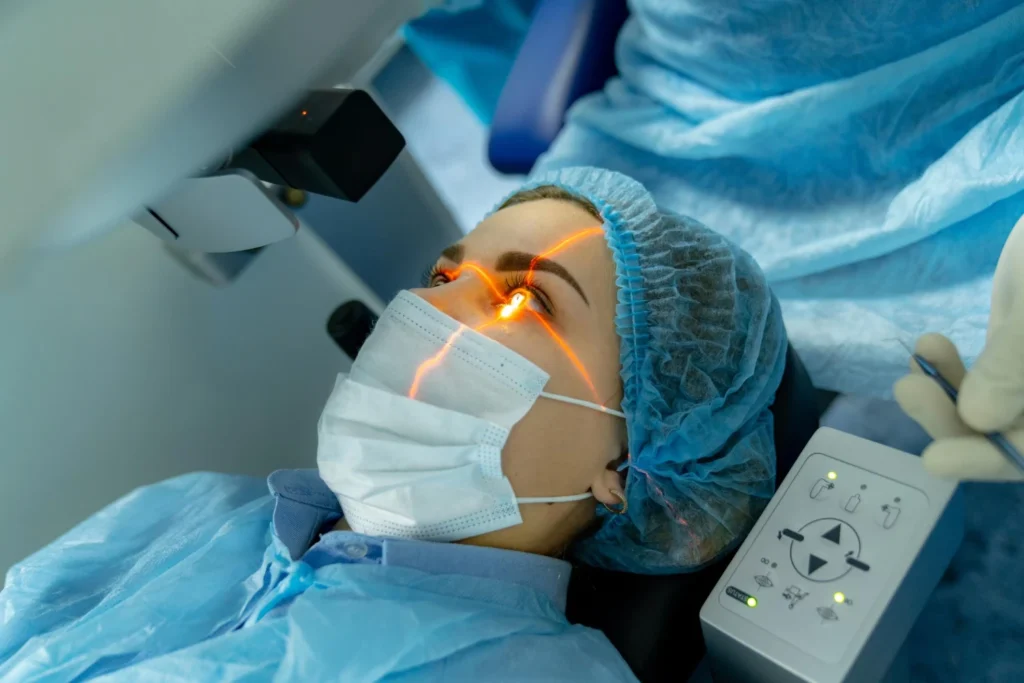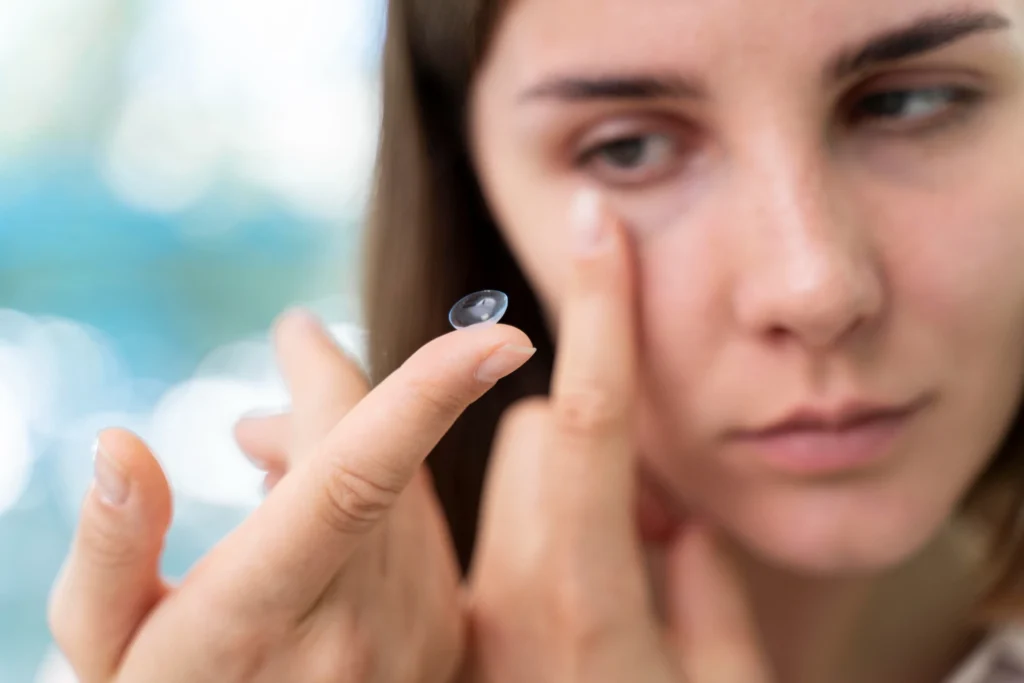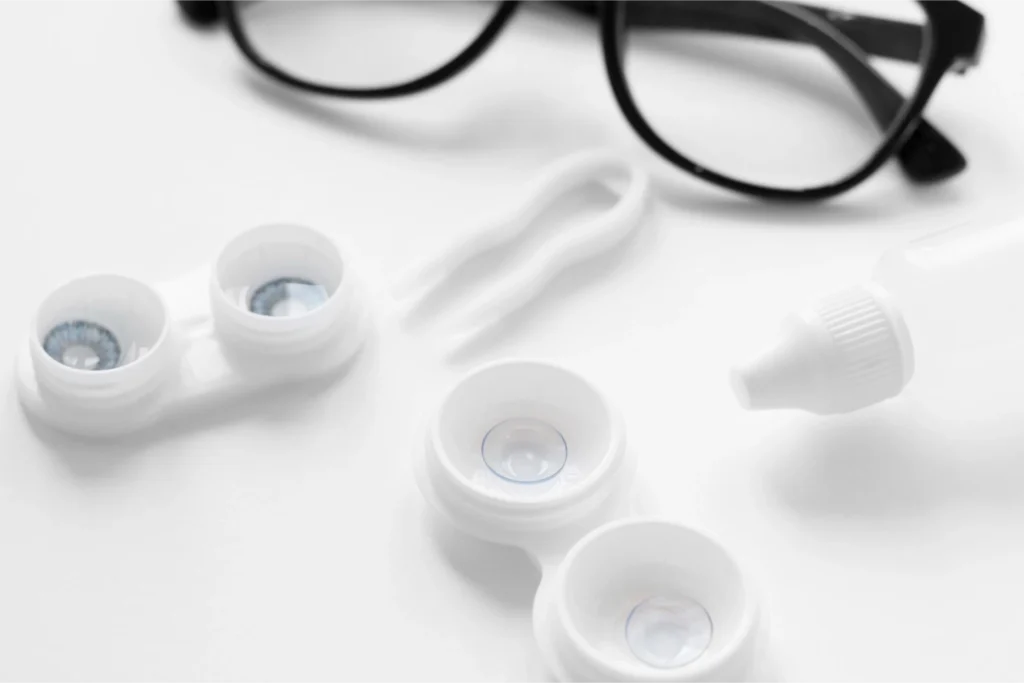Nothing can be more scary than losing your vision and becoming blind. Cataract is one of the eye conditions that is quite discomforting as it limits vision. Poor vision can completely affect the quality of your life. Fortunately, cataracts can be treated by cataract management and surgery. By using sunglasses, eye drops and an updated prescription, you can reduce its effects. In this blog, we’ll learn how you can manage cataracts.
Early Detection and Diagnosis
It is important to schedule the following exams frequently to detect any eye condition, especially cataracts, at its early stage.
Regular Eye Exams
It is advisable for everyone to have an eye checkup often, but if you are 60 years old or older, you should go for an eye check-up because you are more prone to eye diseases that may lead to blindness.
If you have other diseases, such as diabetes, or if you have had an eye injury before, cataracts can be managed early enough, and this can actually slow the rate of development of the condition.
Symptom Monitoring
It can be advisable to pay attention to changes in one’s vision. Any change in vision, for example, more glare, difficulty, or a need for brighter light to read or work, should be followed by an eye checkup.
Diagnostic Tests
This is the only way that your eye doctor may conduct several tests, which may include a visual acuity test, a dilated eye examination, and finally, a slit-lamp examination to diagnose cataracts. These tests are useful in establishing the degree of the cataract and also the cataract surgery co-management plan to be taken.
Below are the safety measures you should take so your eye condition doesn’t get worse.
Do Not Directly Expose Your Eyes and Skin in Sun
Although, as everyone knows, sunbathing is useful to a certain extent, too much sun exposure strengthens the development of cataracts under the influence of ultraviolet radiation.
We are not advising you to be at home all the time, literally. It is okay to go out as long as you know that exposure to UV light for an extended period is not healthy.
The rays of the sun, particularly the ultraviolet ones, are known to speed up the development of cataracts if one is frequently exposed to the sun.
If you have to venture out in the sun on a particular day, make sure you wear your shades. For the same reasons as above, therefore, minimizing the amount of ultraviolet light that impacts your eyes will assist in preventing the formation of cataracts.
Avoid Using Steroid Eye Drops
Steroid eye drops are prescribed for patients who suffer from dry eyes or arthritic attacks that affect the eyes. These steroids imitate cortisol in the body to decrease inflammation.
Although they are helpful when used appropriately, steroid eye drops have negative consequences, including worsening of cataracts.
To all of you who get steroid eye drops often – you should have routine eye check-ups with your Optometrist

Check Medicinal Side Effects
The side effects of more than 300 drugs, which are prescribed frequently, can worsen cataracts. If you are a patient with cataracts and you take medicines on a regular basis, then consult your doctor if they are likely to cause any side effects.
If you are taking necessary medication that may worsen your cataracts, it’s crucial to minimize exposure to sunlight, especially during the midday. Wear sunglasses or a cap when you are outside on a sunny day, and go for regular eye checkups.
It was a costly lesson that taking pills to enhance one area of your life is not worth it if it has resulted in cataracts. Consider your options wisely.
Consider Cataract Surgery
There are circumstances when cataract s have developed or when some of their aspects interfere with daily life; then it is high time to have them treated.
For cataracts, the only cure is through cataract surgery, where the affected part of your eye, which is the cloudy lens, is replaced with an artificial lens.
Select an eye specialist to whom you will explain the options available for correcting your vision and get professional recommendations. Vision Gallery has the latest equipment, technology, and expertise to provide effective treatments to patients.
Post-Surgery Care
After cataract surgery, post-surgery care is important to maintain the surgery’s benefits for a long time.
- Follow-Up Appointments: Ensure that you go for all the follow-up appointments that you have been prescribed to ensure that you are recovering well and to have your complaints dealt with as soon as possible.
- Medication Adherence: Apply the eye drops that have been recommended by your doctor to avoid infection and inflammation of the eyes. Take proper care of yourself and do as your doctor advises you to do.
- Activity Restrictions: For a few weeks after the surgery, the following recommendations should not be followed: Do not lift heavy items or perform rigorous exercises. Wear eye protection from dust and any possible accidents.
- Healthy Habits: Practice good habits in the future to protect your eyes, such as wearing sunglasses that block UV rays and eating foods that are healthy for the eyes. For more healthy habits, click here.
The Bottom Line
Cataracts can be a barrier to a healthy and vibrant lifestyle. With the right treatment and precautions, you can improve your vision. To treat cataracts, call us at 281-377-0219 to schedule your appointment with one of the top eye specialists today!






